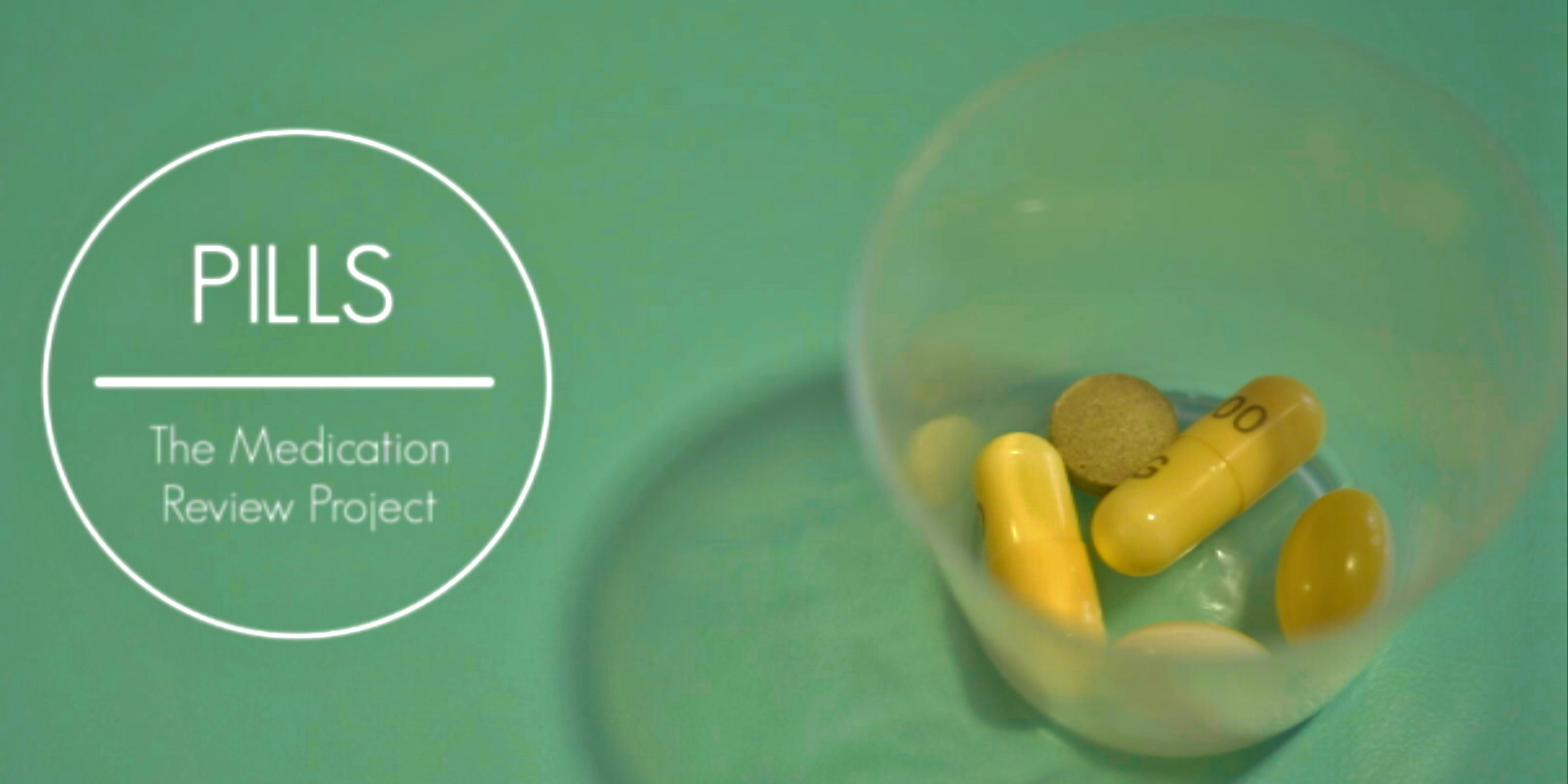Northumbria NHS Trust’s medication review brings together care home residents, their families and health professionals to ensure residents are getting the right mix of medicines.
This increases the quality of life for residents, reduces unwanted side effects as well as cutting down on the time and money wasted from unnecessary prescribing.
- Care homes taking part in the medication review project have reduced the amount of medicine prescribed to residents by 17%.
- For every pound invested in the review process, £2.38 has been saved in medication costs.
- It now takes nurses less time to administer medications, giving them an extra hour a day to focus on caring for residents.
- In the summer of 2015 the service was offered to an additional 3,000 care home residents across Northumberland
Annie Laverty is Director of Patient Experience at Northumbria Healthcare NHS Foundation Trust, where the medication review project took place, and has been part of the project since its beginning. She tells us how she sees her role in supporting people working to improve services for patients, and what the trust does to encourage initiatives like this.
What is your involvement in the medication review project?
Waz (Dr Wasim Baqir, the lead pharmacist) approached me about the initial idea, and I was part of the team that put together the original bid for funding. Then there were specific elements that I became more involved with – things like how we gain the views of patients and families.The spirit of the work is really close to my own heart as it’s all about teams working together across different settings in hospitals, care homes and the community. It was lovely to watch it unfold. And we’ve seen very strong, tangible outcomes that I think we need to scale up quickly, given the challenges in the NHS.
Do you think people working for Northumbria Healthcare NHS Foundation Trust feel confident suggesting ideas for quality improvement projects?
Our philosophy at the trust is that we need leaders at all levels of our organisation, running with ideas and bringing energy and commitment to making them happen. I think the trust is quite non-hierarchical, in some ways. People are able to speak up and speak out, to say ‘this isn’t good enough’ or ‘we want it to be better’ and if you do that, you’re expected to take some responsibility then as part of that. So what our culture promotes is an openness about the desire to improve, but it doesn’t tolerate people moaning from the sidelines and not doing something about it. People are given responsibility to get involved and make it better and we think everybody can do that, regardless of the role that they hold.We have the highest scores in the country for staff believing that they can contribute to quality improvement, the highest scores for ‘immediate relationship with your line manager’, and in our trust you are the ‘least likely to be bullied in an NHS organisation’. It’s complex, but all of those things contribute to people thinking ‘yeah, let’s have a go’.
How do you create and nurture a culture in which people are focused on patient experience?
It takes a long time to develop. One of the things I struggle with sometimes is how much it takes and how honest we’re being with ourselves in the NHS about the investment of time needed to actually grow the right climate to make this sort of work possible.Here, lots of things have contributed. For example, we have a very longstanding leadership development programme in place, which has invested time and energy in developing leaders at all levels, and not just focusing on medical leadership. There’s also strong and stable leadership from the board.
Part of the work I’ve been responsible for is ensuring that every week there’s a ward getting a report on what their patients have said about them. So there’s an ongoing commentary from patients, which does two things: when good practice is happening, it motivates people; or if problems are starting to emerge it makes people feel they can nip things in the bud and do something about it.
People feel comfortable about not necessarily asking for permission before they act, if it’s the right thing to do. They’re not bound up by a lot of bureaucracy or formal structures that stop good work happening.
I think listening is really important. To deliver your ambitions for patients, you have to start with your staff. I think we hear about that a lot, but it is so true. I think we are very good at listening – we listen to patients, we listen to communities, we genuinely listen to staff. All of those groups will have the best ideas for what it is we need to change.
You can read about the project in more detail as it was submitted as a share on FabNHSStuff.net http://fabnhsstuff.net/2015/02/04/multidisciplinary-review-of-medication-in-nursing-homes-a-clinico-ethical-framework/

